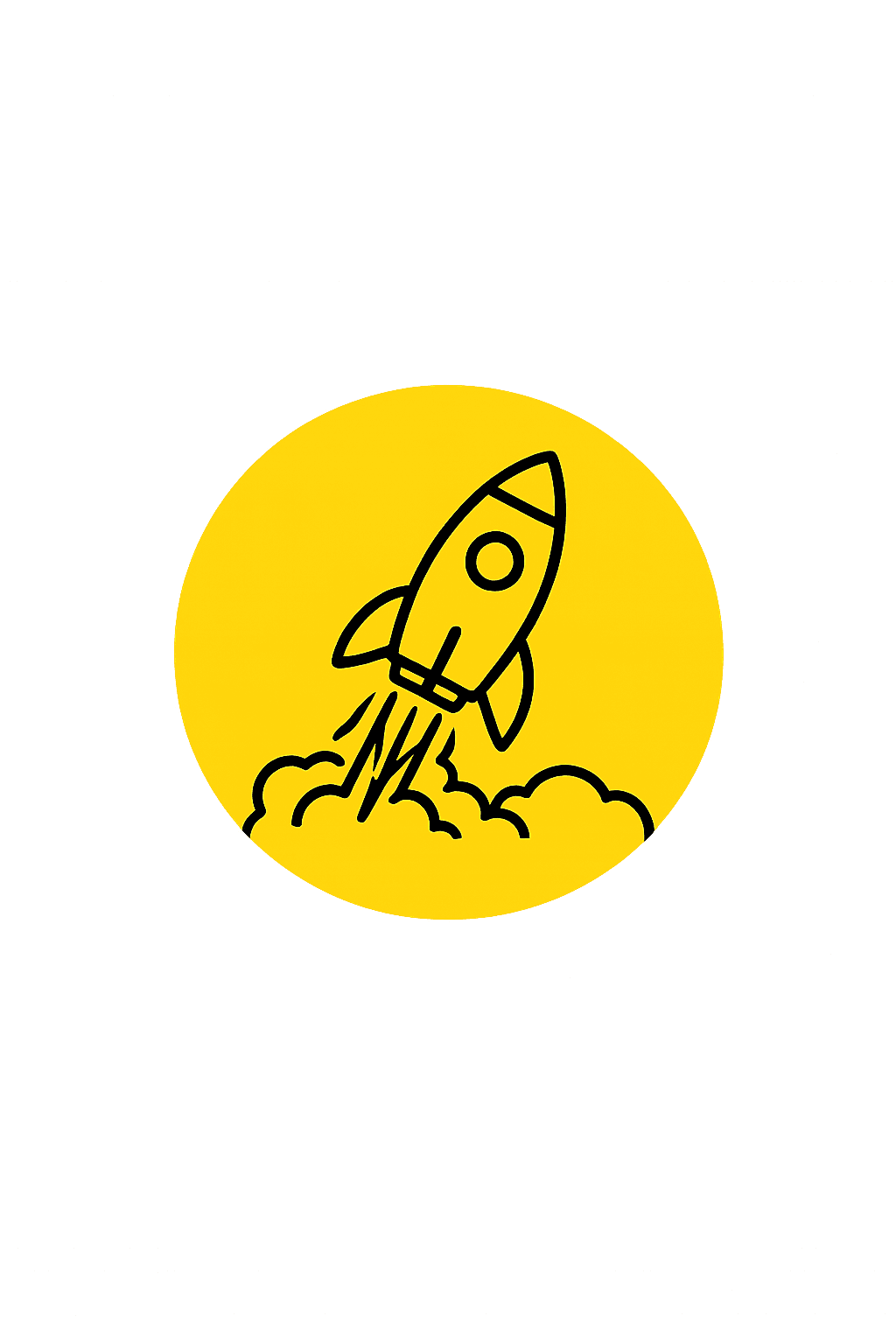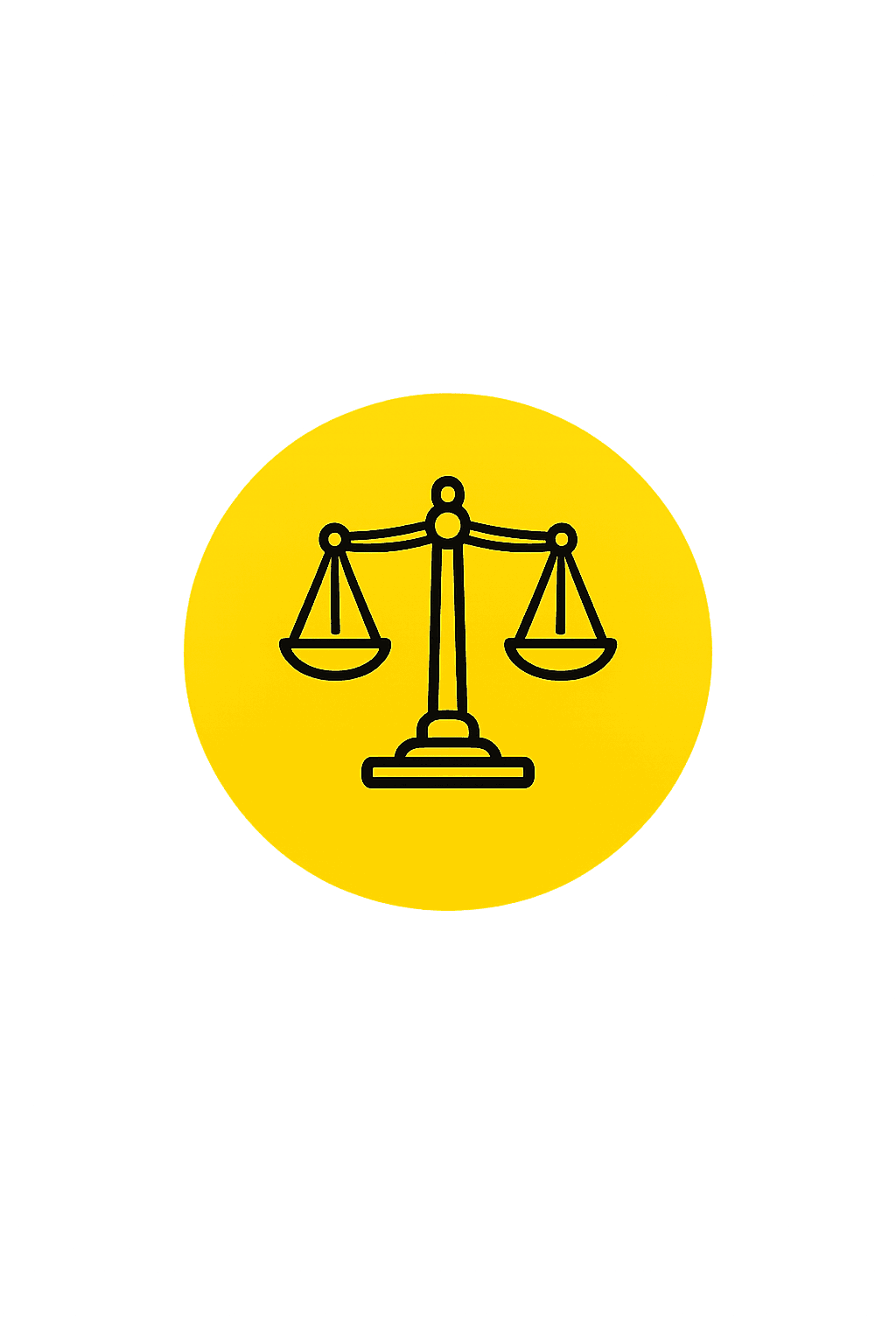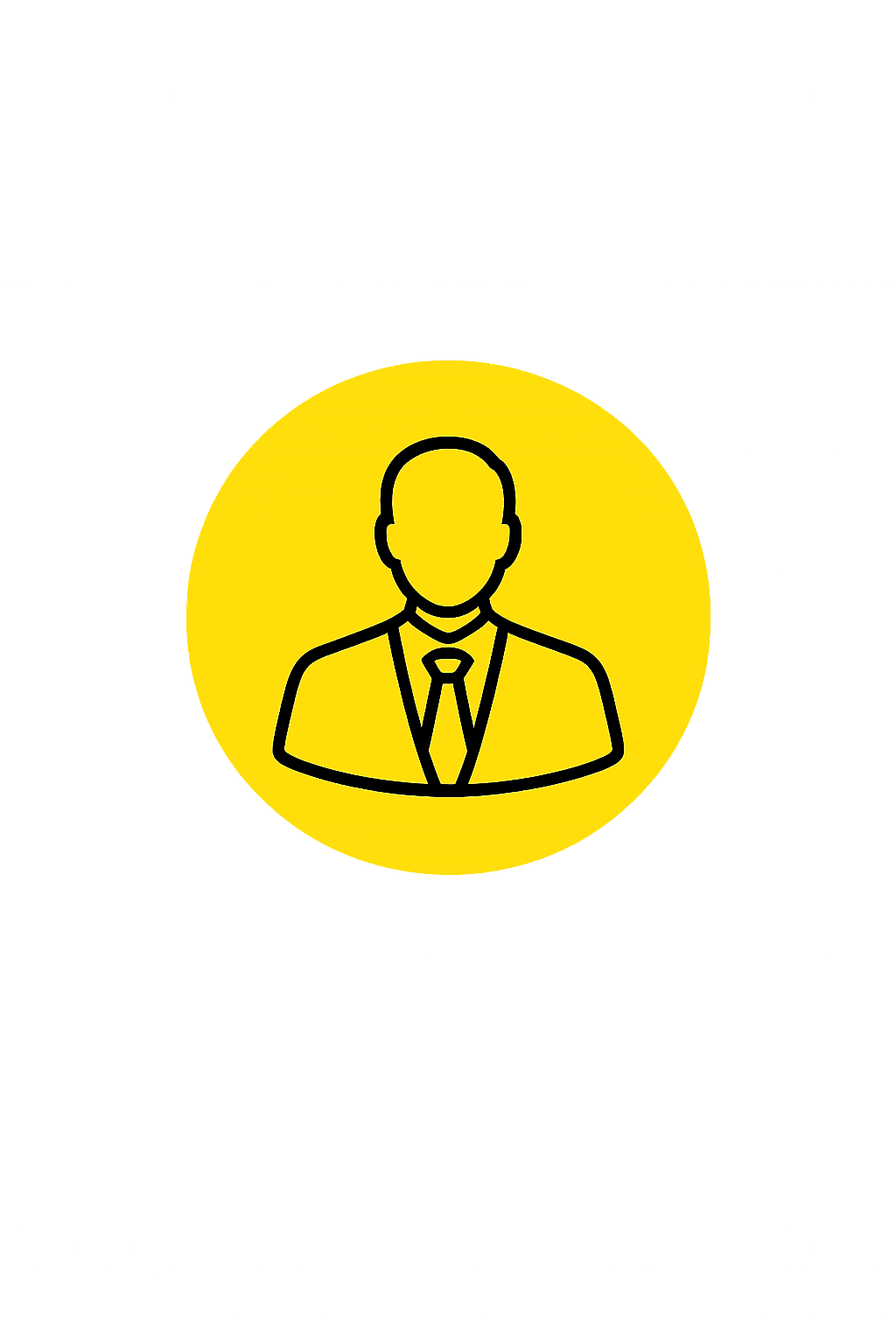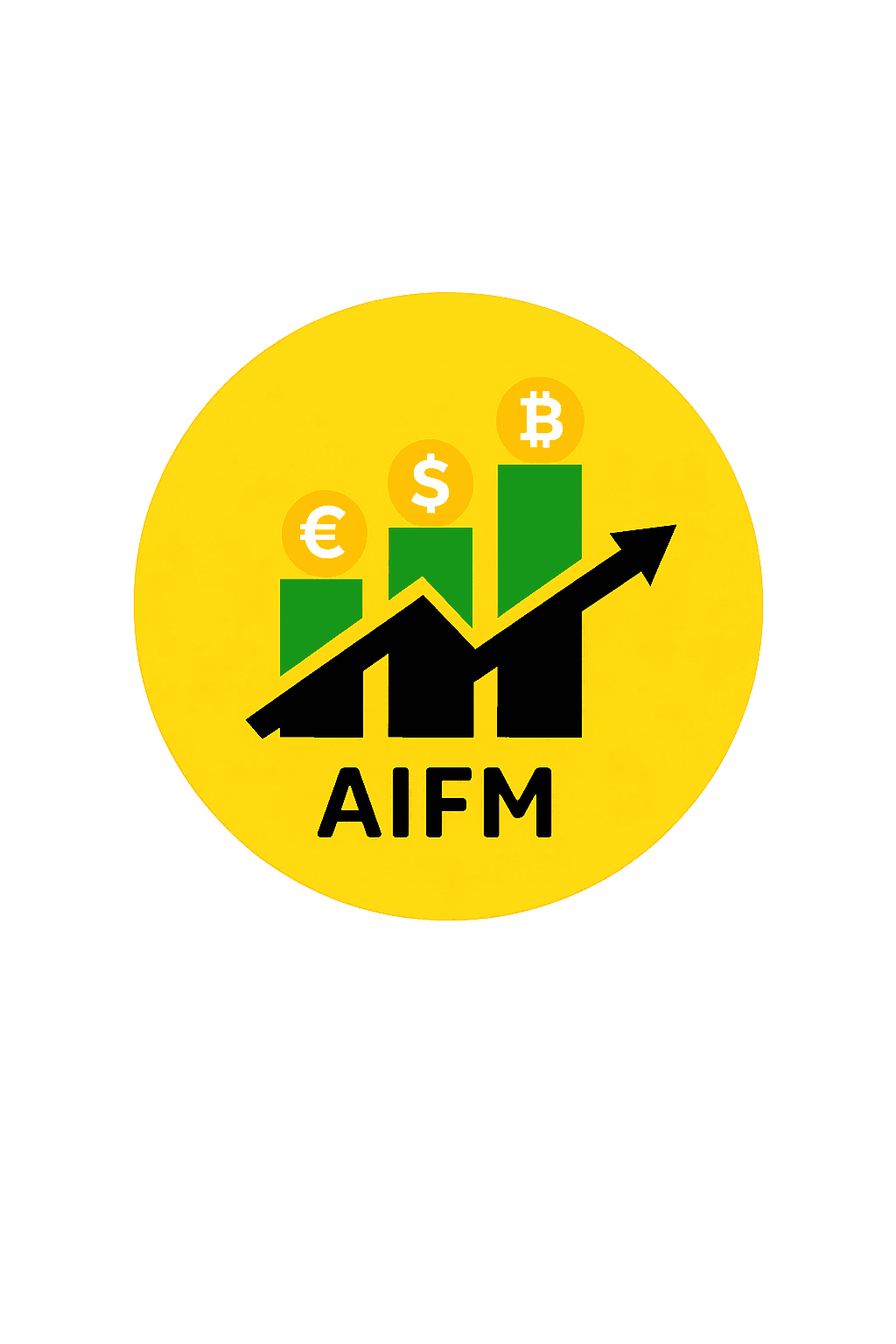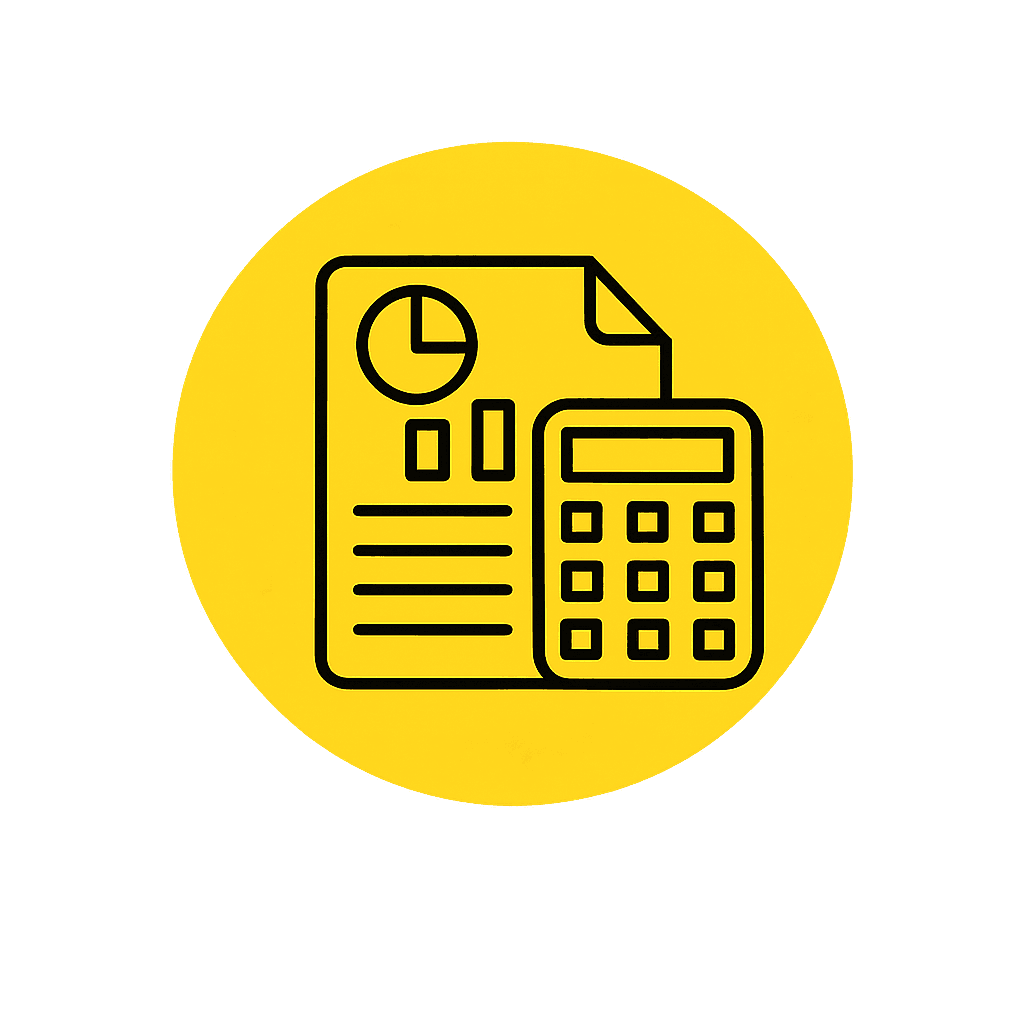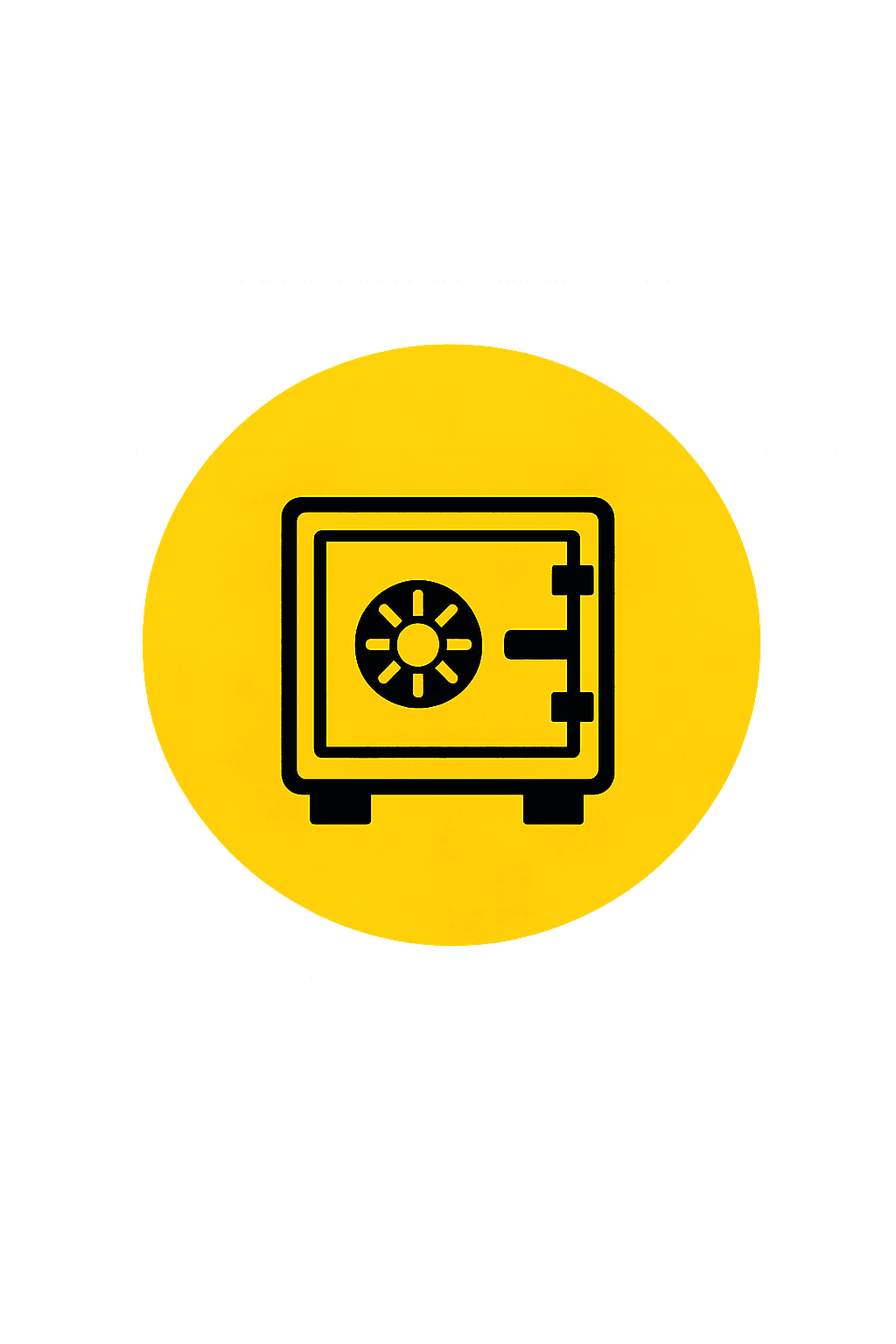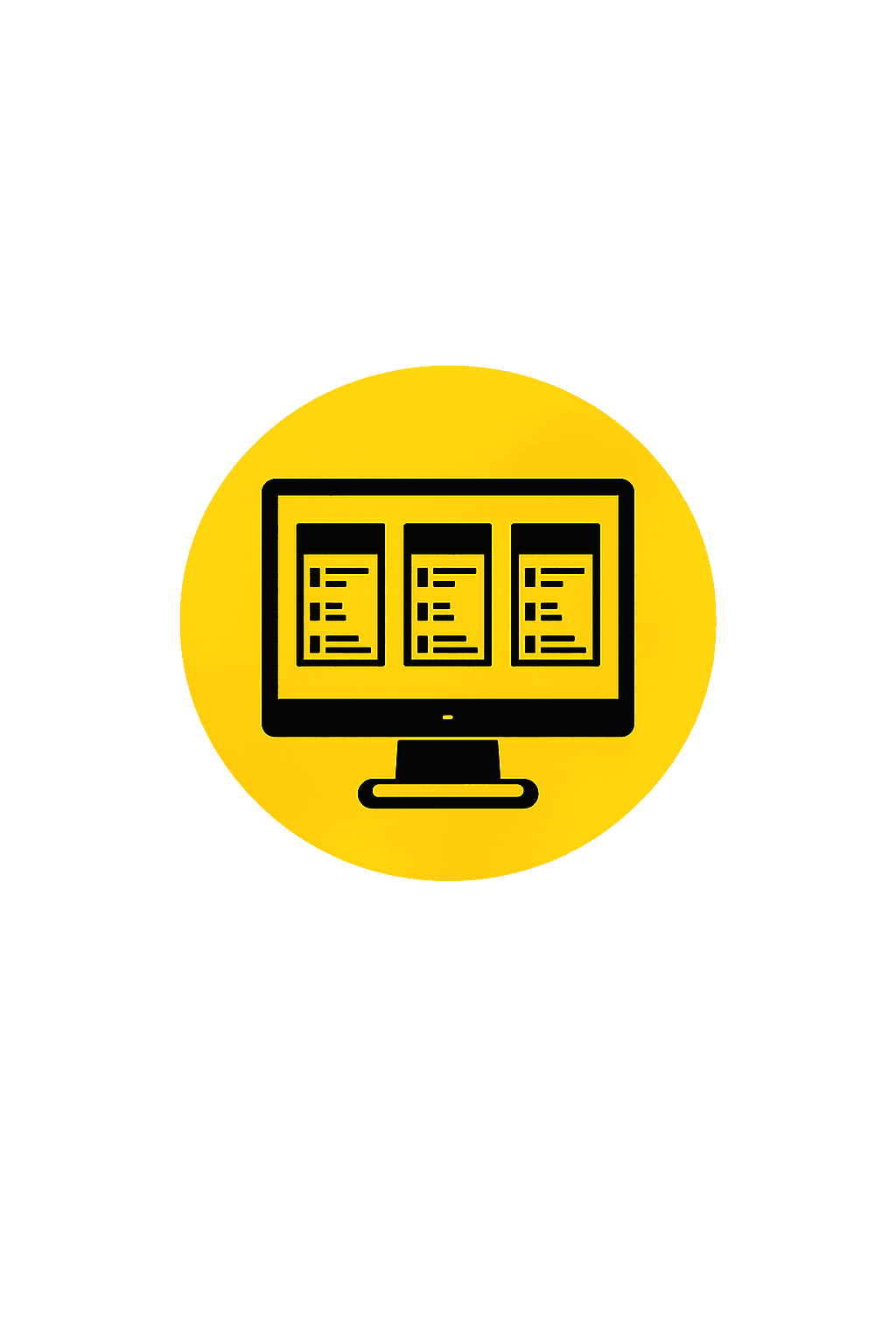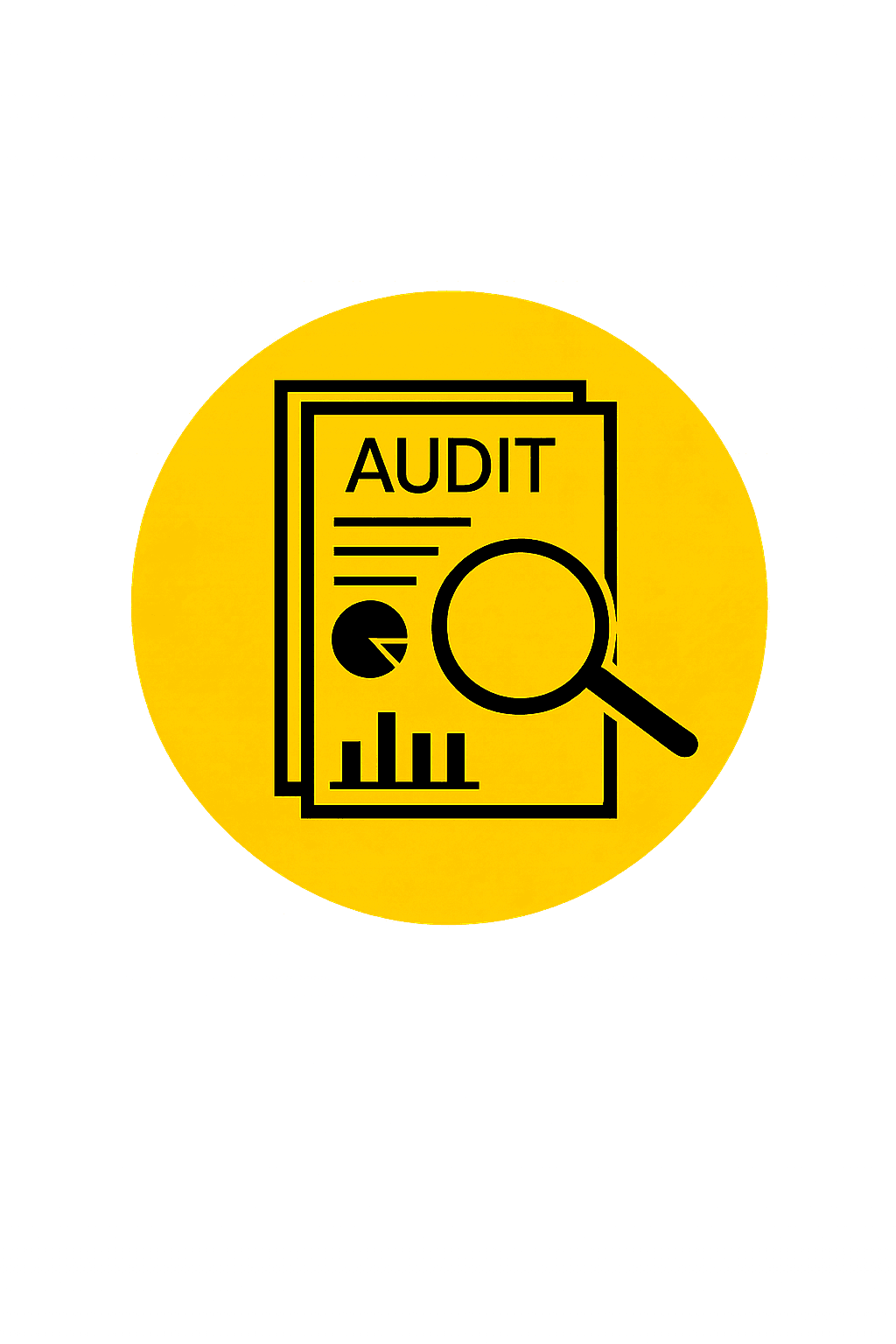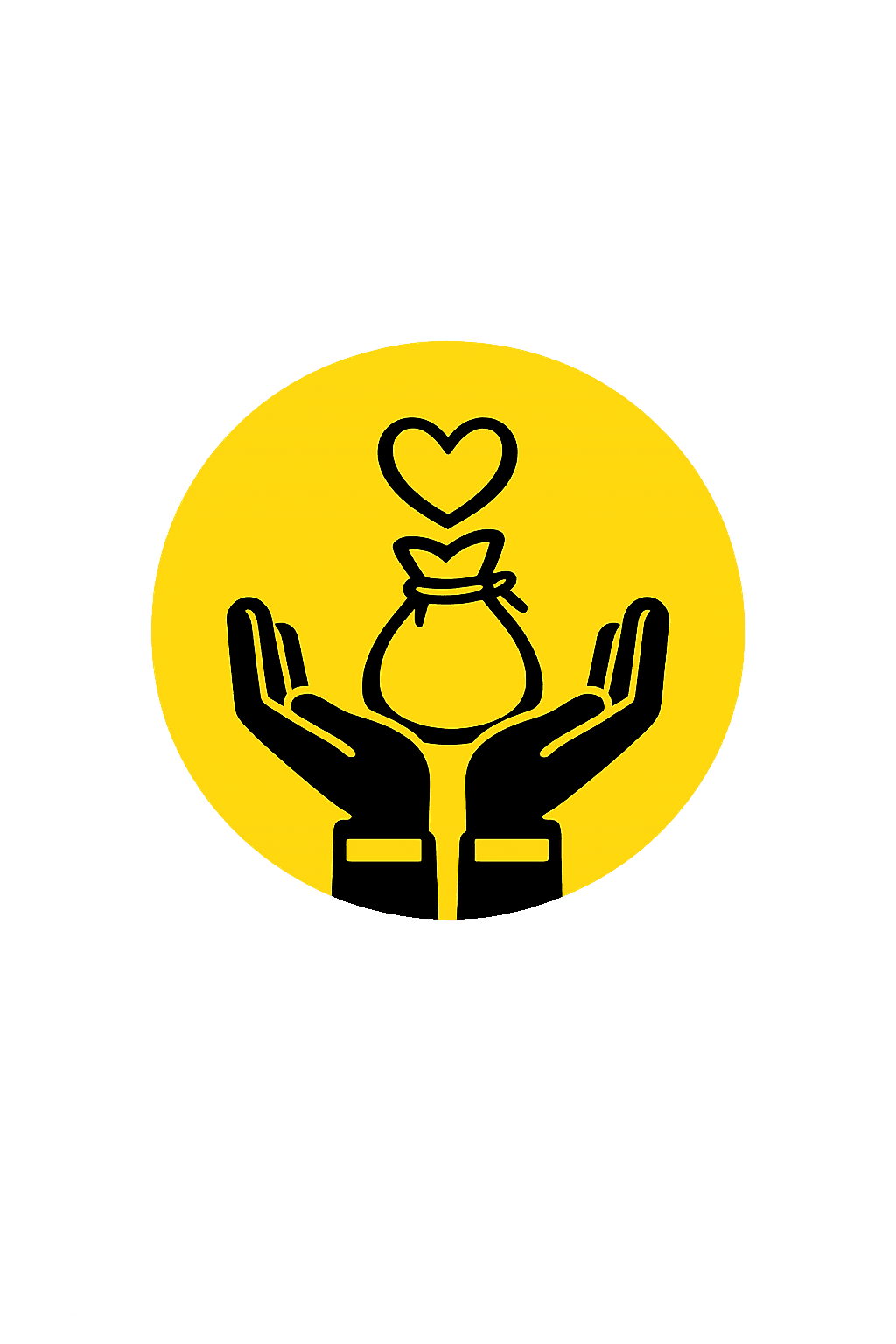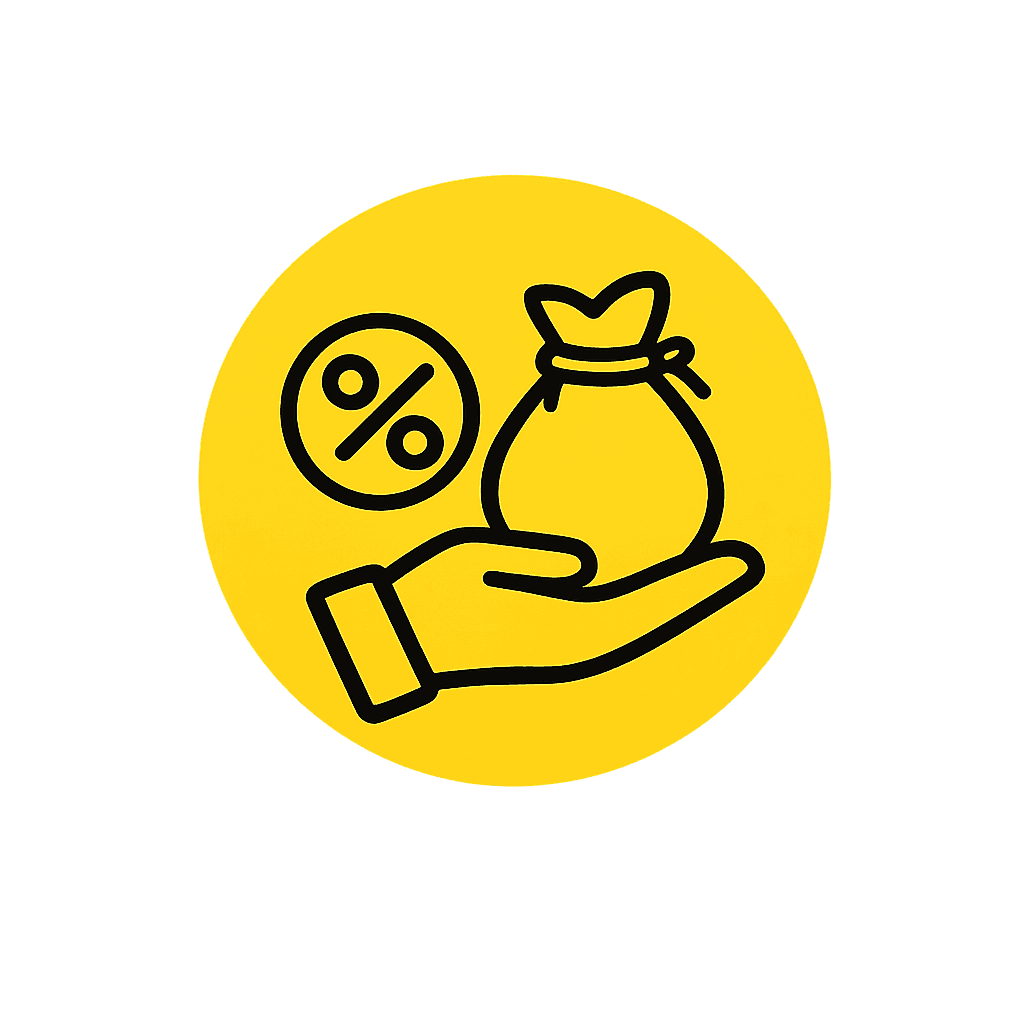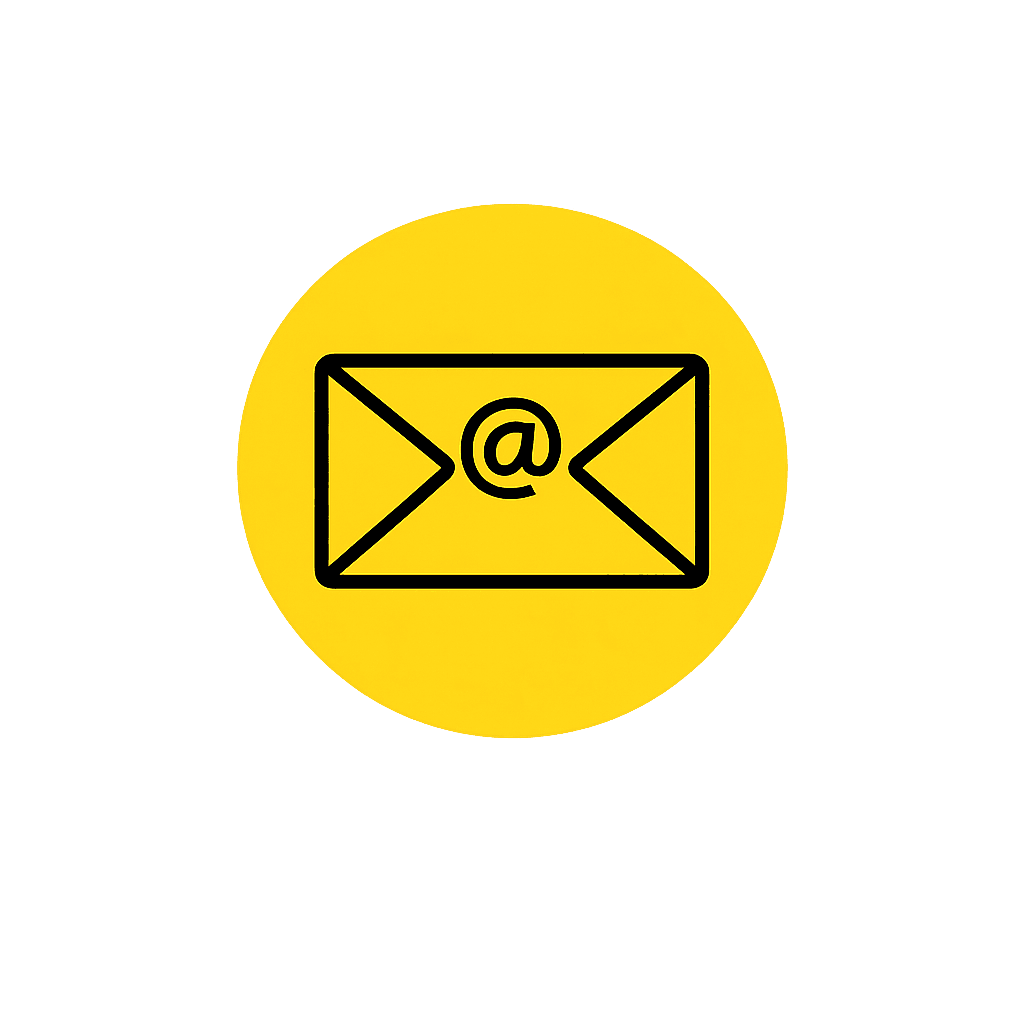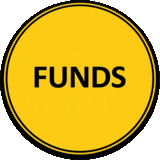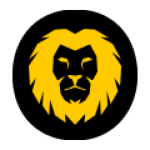The Swiss banking system is renowned for its unparalleled reputation in terms of security, confidentiality, and efficiency. And when it comes to personal banking, the Swiss banking system is often considered a top choice. Swiss banks have become synonymous with high quality wealth management and financial services.
Why do Swiss banks stand out?
There are several factors that make Swiss banks stand out, and these includes;
- Stability: the Swiss banking system is renowned for its stability and reliability. Swiss banks have a long-standing history of conservative investment strategies and risk management practices, which have enabled them to withstand economic downturns and financial crises.
- Wealth management: one of the key services that Swiss banks offer is wealth management, which is specifically tailored to the needs of high-net-worth individuals and families. These banks have a reputation for providing world-class wealth management services that are unmatched in terms of quality and expertise.
- Innovation: Swiss banks are innovative and have been pioneers in online and mobile banking.
- Location: Switzerland’s central location in Europe and its political neutrality have made it a popular destination for international banking. The country’s reputation for security, confidentiality, and efficiency has also contributed to its popularity as a banking partner.
Why open a Swiss personal bank account
Swiss personal bank accounts offer a variety of benefits to their clients, including:
- Confidentiality: Swiss banks are renowned for their strict privacy laws and policies that safeguard the confidentiality of their clients.
- Security: one of the primary reasons that Swiss banks are so highly regarded is their unwavering commitment to security. Swiss banks have built a long-standing reputation for safety and security, making them an excellent choice for those looking for a secure place to store their funds.
- Investment Opportunities: Swiss banks provide a wide range of investment products and services, including stocks, bonds, and mutual funds. They are also experts in wealth management and can offer tailored investment solutions that cater to their client’s specific needs.
- Convenience: Swiss banks offer a wide range of banking services, including online and mobile banking, making it easy for clients to access their accounts from any location worldwide.
If you are considering opening a personal bank account in Switzerland, it’s important to be aware that the process may involve meeting certain eligibility criteria and complying with strict regulations.
The several types of bank accounts available in Switzerland
If you are interested in opening a personal bank account in Switzerland, it’s important to be aware of the different types of accounts that are available. Banks in Switzerland offer a variety of account types. These includes:
- Current account: this is a basic account that is ideal for everyday banking needs in Switzerland. It usually comes with a debit card and online banking access, and while it may earn interest at a low rate, the primary focus is on transactional activity.
- Savings account: this type of Swiss account is designed for depositing funds and earning interest on the balance.
- Investment account: this type of account in Switzerland is for individuals interested in buying and selling securities such as stocks, bonds, and mutual funds, an investment account may be the best option.
- Private banking account: a private banking account in Switzerland is specifically designed for high-net-worth individuals who require personalized banking services, including wealth management, investment advice, and estate planning.
It’s important to note that Swiss banks have specific eligibility requirements and minimum deposit amounts for each type of account.
Requirements for opening a Swiss personal bank account
Documentation requirements for opening a Swiss personal bank account
Opening a personal bank account in Switzerland requires meeting certain documentation requirements, whether you’re in Switzerland or abroad. While the requirements may vary depending on the specific bank and the type of account being opened, the following documentation is generally required:
- Valid Passport
- Verification of Income Source
- Proof of Residence
- Proof of Income or Wealth
It’s important to note that some Swiss banks may require additional documentation or specific documents to be translated into Swiss German or French. Before opening an account, it’s recommended that you check with the bank you wish to open an account with to confirm their documentation requirements and procedures. By ensuring that you have all the necessary documentation, you can smoothly and successfully open a personal bank account in Switzerland.
Eligibility requirements for opening a Swiss personal bank account
Opening a personal bank account in Switzerland requires meeting certain eligibility requirements. While these requirements may vary depending on the specific bank and the type of account being opened, the following eligibility requirements generally apply:
- You must be at least 18 years old to open a personal bank account in Switzerland.
- You must be able to provide proof of your identity, typically in the form of a valid passport or government-issued ID card.
- You must comply with some regulations and laws related to banking, and these includes anti-money laundering and counter-terrorism financing laws in Switzerland.
It’s important to note that some countries may be excluded from doing business with Switzerland due to political reasons or embargo acts. Additionally, being deemed “politically exposed” may also impact your eligibility to open a Swiss bank account, regardless of your legal income and nationality. It’s crucial to ensure that you have a clean background and are not associated with any scandals or illegal activities. By meeting these eligibility requirements, you can successfully open a personal bank account in Switzerland.
FATCA requirement
If you are a U.S. citizen looking to open a personal bank account in Switzerland, it’s important to be aware of the Foreign Account Tax Compliance Act (FATCA). Switzerland has implemented this act, which requires Swiss banks to provide information about accounts held by U.S. citizens in Switzerland to the U.S. government. Under FATCA, U.S. citizens must report any foreign bank accounts they hold to the Internal Revenue Service (IRS).
Opening a Swiss personal bank account
Opening a Swiss personal bank account can seem like a daunting task, but it doesn’t have to be. Once you’ve met the eligibility and documentation requirements, the process is straightforward.
When you’ve decided to open a personal bank account in Switzerland, the initial step would typically be to complete the application forms provided by Damalion’s partner bank: Click here to start the process.
These will require information such as your personal details, the type of account you wish to open, and your investment objectives. Some Swiss banks may require a minimum deposit to open an account, and some may have additional requirements such as references from other financial institutions or professionals.
Although the process may have some complexities, it can be made much easier with the help of financial experts. At Damalion, we specialize in assisting clients with opening bank accounts and navigating the related legal and administrative requirements. Contact Damalion today to open your Swiss bank account in a reputable Swiss institution
Open your personal bank account in Switzerland — what banks look for, simple document list (ID, address, tax, source of funds), remote onboarding, clear payment habits, and a practical path from first contact to activation.
For individuals and families • We help you prepare a clean file so banks can review it easily. Final approval always belongs to the bank.
Last updated:How to make Swiss onboarding easier
Be clear about your goal (savings, investments, daily banking). Show a tidy story of your money. Say who you are, why you need the account, and how you will use it (amounts, currencies, countries). We help you tell this in simple words and attach the right proofs so compliance can work fast.
Documents most banks ask for
- Valid passport/ID and a recent proof of address.
- Tax residency and status (TIN; US indicia if relevant).
- Source of funds proofs: salary, business sale, dividends, capital gains, inheritance. Use documents that can be traced.
- If you also run a company and plan to use it later: basic company papers and ownership chart.
- Expected use: incoming/outgoing amounts, currencies, countries, usual counterparties over the next 12 months.
- Certified translations or apostilles only if the bank asks for them.
Personal account options at a glance
| Topic | Everyday personal banking | Wealth / investment |
|---|---|---|
| Main use | Payments, cards, savings | Portfolio, custody, advisory |
| Documents | ID, address, tax, source of funds | As left + assets overview if asked |
| Minimums | Standard fees; no high minimums | Higher entry levels may apply |
| Timeline | Fast with a complete file | Depends on assets and profile |
From first contact to active account
- Choose the bank and account type. Match pricing and services to your needs.
- Prepare your file. ID, address, tax status, and clear proofs of how you earned the money.
- Explain how you will use the account. Amounts, currencies, countries, usual counterparties.
- Answer any follow-ups. Reply quickly and keep one clean trail of documents.
- Activate and fund. Receive IBAN, make a test transfer, set your online access and card.
Fees and timing
- Account setup, monthly fees, payment and card fees (vary by bank and tier).
- Minimum deposit may apply for wealth accounts.
- With a complete file, activation can take a few days to a few weeks, depending on your case.
Related reading
Frequently asked questions
“`1) Can non-residents open a personal account in Switzerland?
2) Which documents are mandatory?
3) What is “source of funds”?
4) How long does onboarding take?
5) Is remote onboarding available?
6) Are minimum deposits required?
7) Will my tax authority be informed?
8) Do banks accept clients with multiple citizenships or residencies?
9) What if my documents are not in English, German, French or Italian?
10) Can retirees open accounts?
11) Can I hold multiple currencies?
12) What happens if the bank declines?
13) Are politically exposed persons (PEP) accepted?
14) Can I add a joint holder later?
15) How should I describe expected activity?
10 Best Things to Do in Geneva, Switzerland in 24 Hours
Maximize a tight schedule with easy-to-reach highlights around the lake and the international district.
- Jet d’Eau — emblem of the city on Lake Geneva. Jump to map
- St. Pierre Cathedral & Old Town — towers, archaeology site, and historic lanes.
- Jardin Anglais & Flower Clock — lakeside promenade and photo stop.
- Palais des Nations (UN Geneva) — guided tour of the Assembly Hall and chambers.
- Broken Chair & Place des Nations — civic square and public art.
- Patek Philippe Museum — watchmaking heritage and rare timepieces.
- Carouge — Sardinian-style quarter with cafés and boutiques.
- Bains des Pâquis — pier, city beach, sauna, and simple lakefront food.
- Musée d’Art et d’Histoire — major art and history collections.
- Mont Salève Cable Car — panoramic lookout over Geneva and the lake.

















